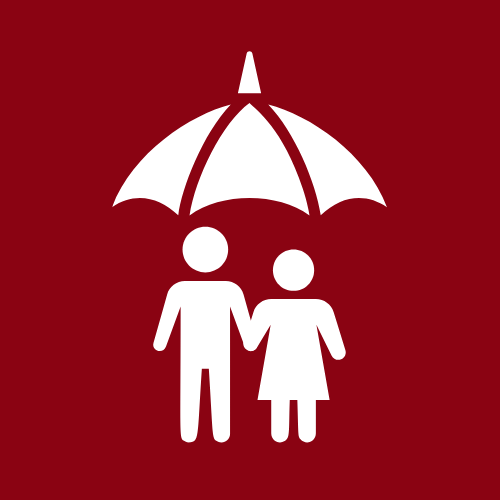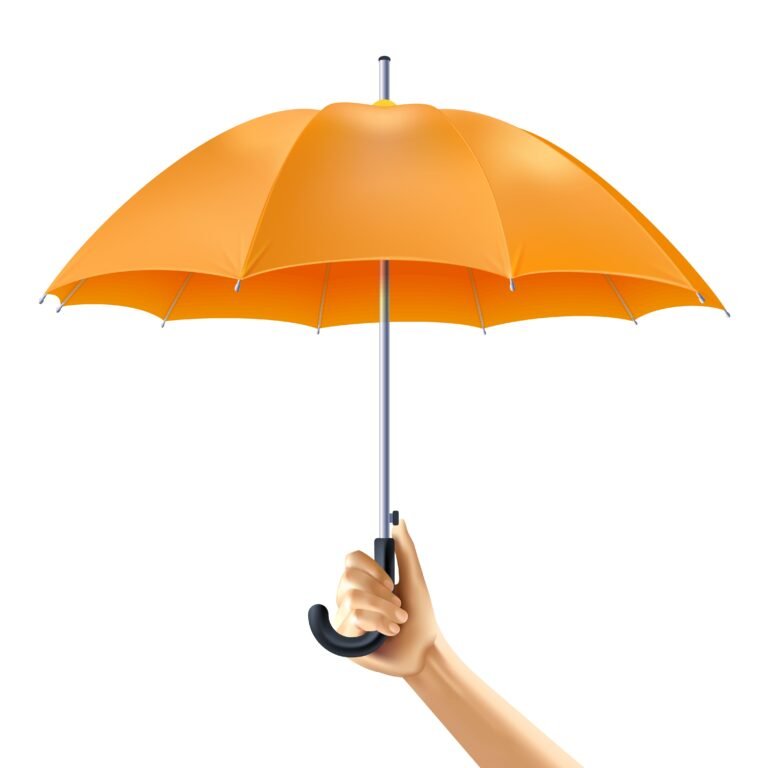What is Umbrella Insurance and Do You Need It?

Insurance is a crucial part of financial planning. While most people have auto, home, and even renters’ insurance, there are situations where these policies may not provide enough coverage. This is where umbrella insurance comes in.
Umbrella insurance acts as an extra layer of liability coverage that goes beyond the limits of your standard insurance policies. It helps protect your assets and future earnings if you are sued for damages that exceed the coverage of your primary insurance policies.
In this article, we will explore what umbrella insurance is, how it works, what it covers, and whether you need it.
What is Umbrella Insurance?

Umbrella insurance is a type of liability insurance that provides additional coverage beyond your standard insurance policies. It is designed to protect you from major financial losses due to lawsuits, accidents, or other liability claims.
For example, if you are found responsible for a car accident that results in severe injuries, your auto insurance might only cover a portion of the medical bills and legal expenses. If the costs exceed your auto insurance limit, umbrella insurance kicks in to cover the rest.
How Does Umbrella Insurance Work?
Umbrella insurance acts as a secondary layer of protection over your existing insurance policies. It does not replace your home, auto, or boat insurance but rather extends their liability coverage.
Here’s how it works:
- Primary Insurance Coverage – Your auto, home, or renters’ insurance covers damages up to their policy limits.
- Exceeding the Limits – If a liability claim surpasses your primary insurance limits, umbrella insurance takes over.
- Additional Protection – Umbrella insurance covers the remaining costs, up to the umbrella policy’s limit.
For example, if your auto insurance covers $300,000 in liability but you are sued for $1 million, umbrella insurance can cover the remaining $700,000, depending on your policy limits.
What Does Umbrella Insurance Cover?
Umbrella insurance primarily provides liability coverage in different situations, such as:
Bodily Injury Liability
- Covers medical expenses and lawsuits if someone is injured in an accident caused by you.
- Example: A guest falls down the stairs in your home and sues you for medical costs.
Property Damage Liability
- Covers damages to others’ property caused by you or your family members.
- Example: Your child accidentally throws a ball through a neighbor’s window, causing significant damage.
Legal Fees and Defense Costs
- Covers legal expenses, including attorney fees and court costs, if you are sued.
- Example: You are sued for defamation after posting a negative review about a business.
Personal Injury Liability
- Covers claims related to libel, slander, false arrest, or invasion of privacy.
- Example: You are accused of spreading false rumors about someone online.
Landlord Liability
- Covers liability claims if you own rental properties and a tenant sues you.
- Example: A tenant slips on an icy sidewalk in front of your rental property and sues for medical expenses.

What is Not Covered by Umbrella Insurance?
Umbrella insurance is not a catch-all policy. It does not cover:
- Your own injuries or property damage (it covers liability, not personal losses).
- Business-related claims (unless you have a separate commercial umbrella policy).
- Intentional harm (if you cause harm intentionally, the policy will not cover you).
- Criminal acts (illegal activities are not covered).
Contracts (it does not cover claims related to contract breaches).
What is Not Covered by Umbrella Insurance?
Umbrella insurance is not a catch-all policy. It does not cover:
- Your own injuries or property damage (it covers liability, not personal losses).
- Business-related claims (unless you have a separate commercial umbrella policy).
- Intentional harm (if you cause harm intentionally, the policy will not cover you).
- Criminal acts (illegal activities are not covered).
Contracts (it does not cover claims related to contract breaches).
Who Needs Umbrella Insurance?
While umbrella insurance is not mandatory, it can be beneficial for many people. You should consider it if:
You Have Significant Assets
- If you own a home, savings, or investments, you could be at risk of losing them in a lawsuit.
You Have a High-Risk Job or Lifestyle
- If you are a public figure, business owner, or someone with high exposure to liability risks (like landlords or coaches), umbrella insurance is a smart choice.
You Own a Business or Rental Properties
- If you rent out properties, you could be sued for tenant injuries or property damage.
You Participate in Activities with Higher Risks
- Hosting large parties, owning a dog, having a swimming pool, or frequently traveling can increase your liability risks.
How Much Umbrella Insurance Do You Need?
The amount of coverage you need depends on your net worth and risk factors. Most umbrella policies start at $1 million in coverage and can go up to $5 million or more. To determine the right amount:
- Assess Your Assets – Calculate the total value of your home, savings, investments, and other assets.
- Consider Your Risks – If you engage in high-risk activities, opt for more coverage.
- Consult an Insurance Agent – A professional can help you assess your specific needs.
How Much Does Umbrella Insurance Cost?
Umbrella insurance is surprisingly affordable. The average cost ranges from $150 to $300 per year for a $1 million policy. Additional coverage (e.g., $2 million or more) typically costs an extra $50 to $75 per million. The exact cost depends on:
- Your insurance provider
- Your existing policies
- Your risk factors (e.g., having a swimming pool, rental property, etc.)

How to Buy Umbrella Insurance
Most people purchase umbrella insurance through their existing insurance provider. To get started:
- Check Your Primary Insurance Requirements – Many insurers require you to have certain minimum liability coverage on your home or auto insurance.
- Compare Quotes – Shop around to find the best policy and pricing.
- Bundle Policies – Some providers offer discounts if you bundle umbrella insurance with existing policies.
- Review Policy Terms – Ensure you understand coverage limits, exclusions, and premium costs.
Conclusion: Do You Need Umbrella Insurance?
Umbrella insurance is a valuable financial safety net that provides extra liability protection beyond your standard policies. If you have significant assets, a high-risk lifestyle, or want peace of mind, it is a smart investment.
For a relatively low cost, umbrella insurance can protect you from unexpected lawsuits and financial losses. Even if you think you are unlikely to face a major lawsuit, having an umbrella policy ensures you are prepared for the worst while safeguarding your future.
If you are unsure whether you need umbrella insurance, consult an insurance agent to assess your risk and coverage needs. Better safe than sorry!
